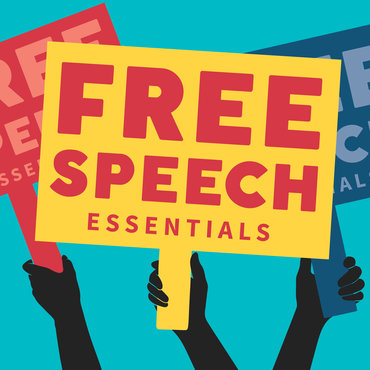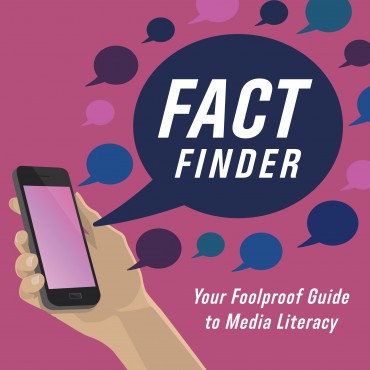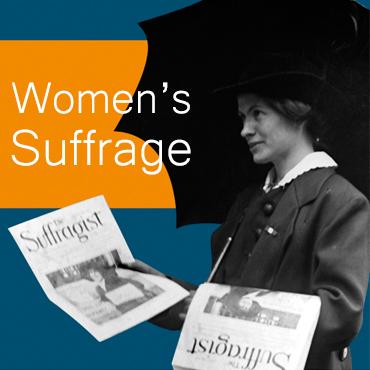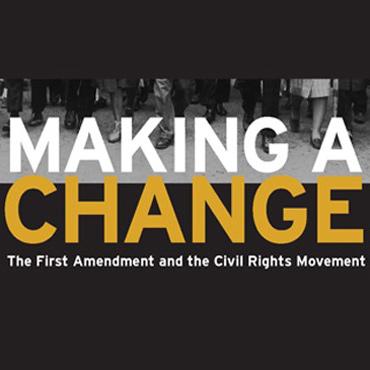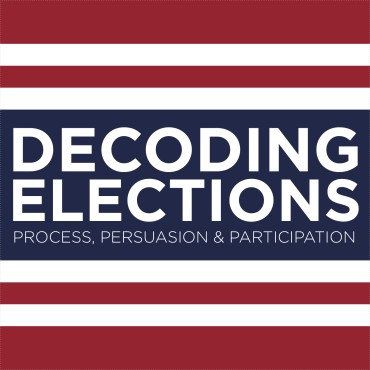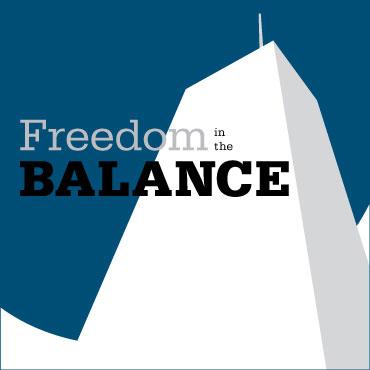Should I share?
Explore a case study to decide whether it will hurt or help to share a social media post about the Coronavirus. Decide what you would do before diving deeper into the First Amendment considerations that surround sensitive social media items.
Get even more great free content!
This content contains copyrighted material that requires a free NewseumED account.
Registration is fast, easy, and comes with 100% free access to our vast collection of videos, artifacts, interactive content, and more.
NewseumED is provided as a free educational resource and contains copyrighted material. Registration is required for full access. Signing up is simple and free.
With a free NewseumED account, you can:
- Watch timely and informative videos
- Access expertly crafted lesson plans
- Download an array of classroom resources
- and much more!
Imagine this: You are scrolling through social media and you come across the following post:
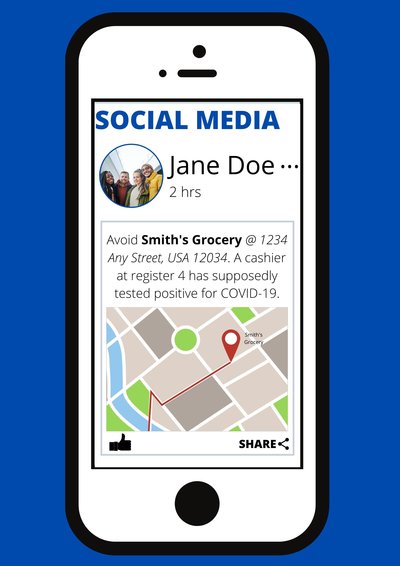
As Americans are called on to social distance and stay at home, information about how to limit the spread of the Coronavirus is important. However, there are also a lot of fake reports swirling in the information universe that could cause more harm than good. Do you think a post like this is worth sharing? Use the Shareworthy chart if you need more guidance as you make this decision.
What would you do?
A. I would share this post. Now is the time to raise awareness about the disease. Whether this is true or not, it will have the power to make people more conscious of their role in the situation.
B. I would not share this. There is no proof this is true and it might lead to harmful consequences for the employees of this store
C. I would share this post with an explanation. What would you include in your explanation?
D. Something else. Explain.
Is this post protected by the First Amendment?
The First Amendment generally protects individuals’ ability to post information about a wide variety of topics. The First Amendment safeguards even more issues that touch on matters of public concern or importance, such as truthful information about COVID – 19. However, the post in question contains very sensitive data about an employee at a particular store. It attempts to identify a particular person by their job location.This information may be true or false. Sometimes, false information is not protected by the First Amendment. For example, falsely posting someone has committed a crime, has a sexually transmitted disease, or is unprofessional in their job may qualify as a defamation. Defamation refers to a false statement of fact that harms someone’s reputation. Furthermore, posting sensitive information about a particular individual may rise to the level of invasion of privacy. Revealing a person’s private medical information could fall into this category of invasion of privacy and, therefore, should be avoided.
Which option did you choose? Was your choice to share protected by the First Amendment-- why or why not? After reading this would you change your decision about whether to share or not?
Download a copy of this activity here.
